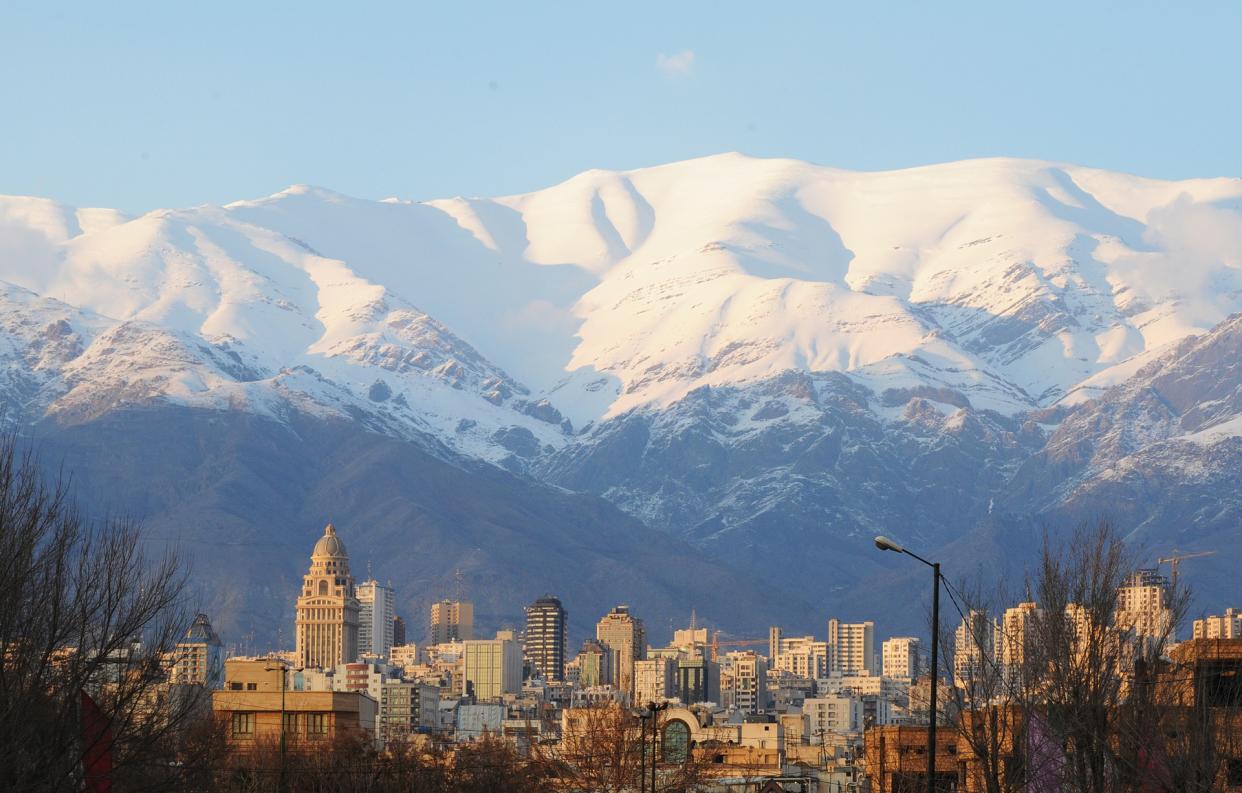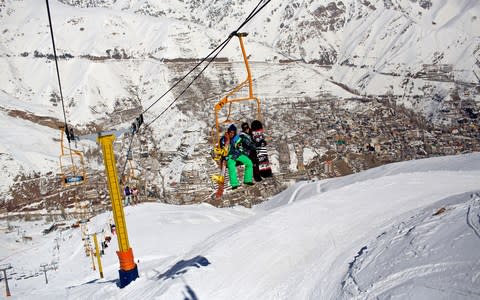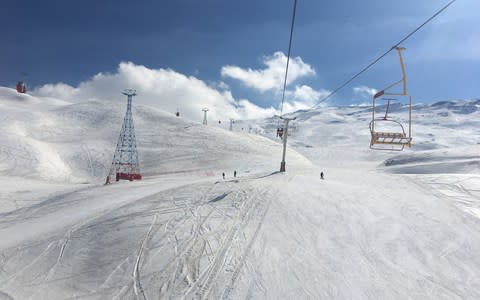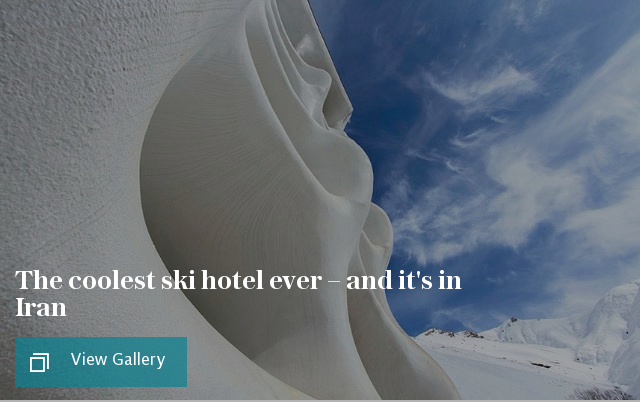Iran accuses Israel of stealing its snow

The threat of climate change and how it might negatively affect skiing is nothing new. But claims countries are stealing each others’ snow, causing slopes to be left bare, is something more out of the ordinary.
Last week Iran’s head of Civil Defence Organisation claimed neighbouring Israel had been stealing clouds and snow from his country.

The accusations were made at an agricultural conference in the Iranian capital of Tehran by Brigadier General Gholam Reza Jalali, who said: “Foreign interference is suspected to have played a role in climate change. Joint teams from Israel and one of the neighbouring countries make the clouds entering into Iran barren. Moreover, we are faced with the cases of cloud theft and snow theft.”
Jalali later cited a recent survey finding that all mountainous areas higher than 2,190m stretching from Afghanistan to the Mediterranean Sea were covered in snow, except for Iran. This adverse weather was blamed on Iran’s neighbouring nation.
The head of Iran's meteorological service Ahad Vazife dismissed Mr Jalili's comments. He said the general "probably has documents of which I am not aware, but on the basis of meteorological knowledge, it is not possible for a country to steal snow or clouds”.

Last season UK-based ski course provider Snoworks announced new trips to Iran’s top resorts with operator Mountain Heaven. Reports of the excellent snow conditions and extensive runs suggest Iran might not be having its precipitation stolen.
Mountain Heaven managing director Nick Williams skied in two of Iran’s most popular resorts, Dizin and Darbandsar, in March with guests of the trip. “The snow was good and the weather also was generally good,” he said.
“We went the first week of March and experienced no bare slopes or signs of snow issues. We did see drought in the south of country but not in the mountains.”

Iran’s four main ski resorts, Dizin, Shemshak, Darbandsar and Tochal, are located in the centre of the Alborz mountains, in northern Iran and known for having untapped off-piste areas accessible by lifts.
Iran’s ski areas reach altitudes overshadowing the highest resorts in the Alps. Europe’s loftiest resort Val Thorens sits at 2,300m, with slopes reaching just over 3,000m. In Iran all the main resorts are over 2,000m and the ski areas rise to 3,600m.
However nonsensical the general’s comments are, they do highlight the significant threat climate change is having on the ski industry and some of the best winter destinations in the world.
According to a study published in 2017, the Alps could lose as much as 70 per cent of their snow cover by 2099 as temperatures rise due to increased greenhouse gas emissions. Concerns about a shortening ski season and increasing commercial pressures have caused resorts to think of new ways to preserve their winter wonderlands (stealing snow is not one of them).

Like many resorts around the world Iran can no longer rely on its heady summits for guaranteed snow and it is becoming abundantly clear that a snow-sure altitude is no longer enough to secure a resort’s future. Val Thorens has recently announced that next winter it will be spending €450,000 (£398,000) on its snow-making facilities, a process that will involve replacing old snow cannons and introducing more to its slopes, part of the world’s largest ski area the Trois Vallées.
Val Thorens, alongside its Trois Vallées neighbour Courchevel, is also preserving its snow from last winter using a technique called snow farming. The process uses materials such as sawdust, reflective tarpaulin and insulated panels to cover snow and stop it melting in the summer heat, in an effort to ensure the next season gets off to the best possible start.

Similar techniques have been used by scientists in Switzerland to help prevent frozen glaciers, which lie beneath some of the country’s most popular slopes, from melting.


